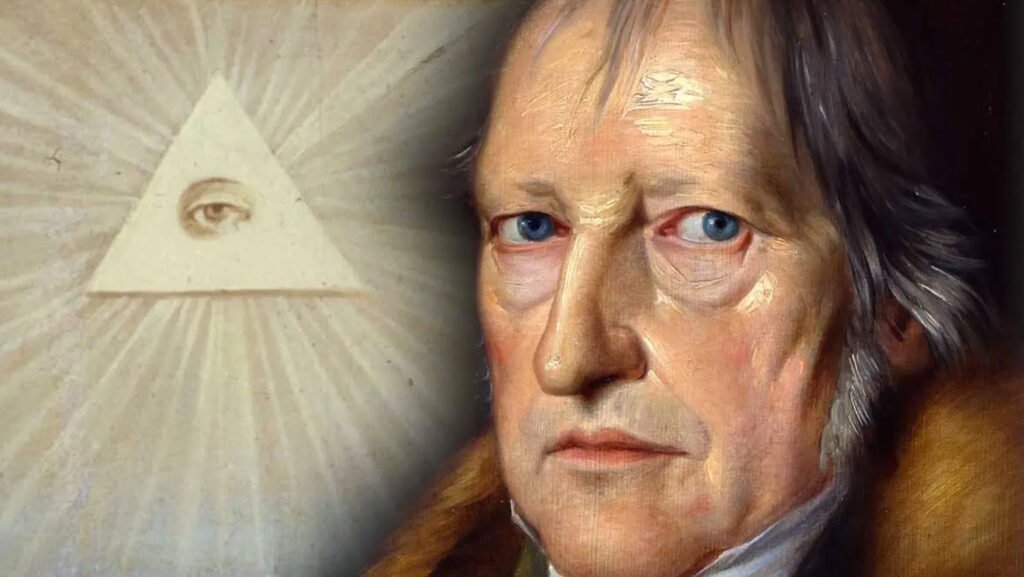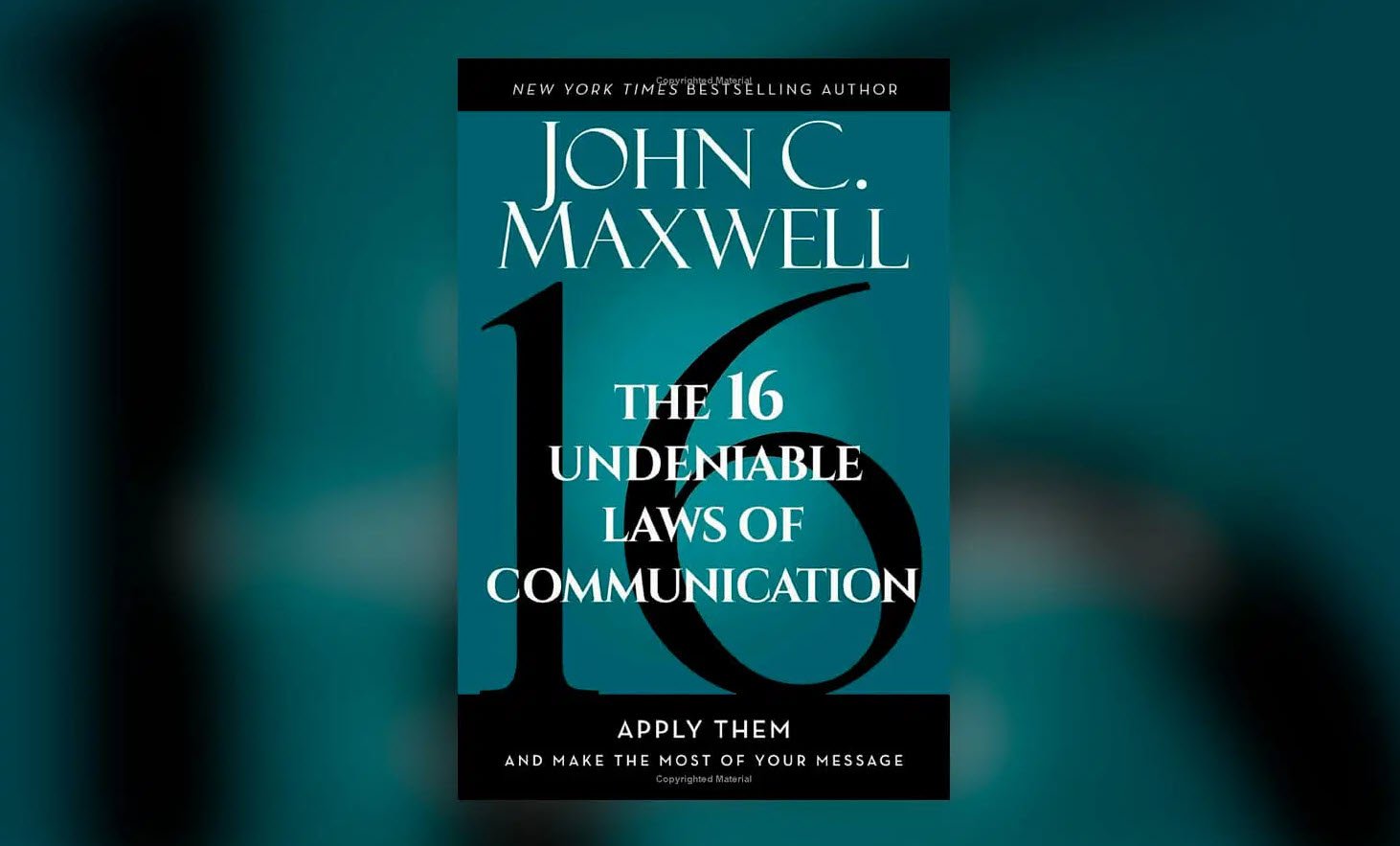
Georg Wilhelm Friedrich Hegel, a towering figure in the realm of philosophy, has left an indelible mark on our understanding of freedom, truth, and the state. His quotes provide a glimpse into his profound insights.
Hegel posits that truth in philosophy is the correspondence between concept and external reality. This suggests that our understanding of the world is true when it aligns with the reality outside our minds.
Hegel’s perspective on poverty and societal unrest is particularly poignant. He argues that poverty does not inherently lead to social disorder; instead, it is the mindset of indignation against the rich, society, and the government that creates a rabble.
When discussing liberty, Hegel urges caution, suggesting that what is often labeled as liberty might merely be the assertion of private interests. This serves as a reminder to discern the true nature of freedom.
Hegel believed that the state of a man’s mind conforms to his perception of the world. This suggests that our understanding of reality is shaped by our mental state.
1. Truth in philosophy means that concept and external reality correspond.
— Georg Wilhelm Friedrich Hegel (1770-1831)
2. Poverty in itself does not make men into a rabble; a rabble is created only when there is joined to poverty a disposition of mind, an inner indignation against the rich, against society, against the government.
— Georg Wilhelm Friedrich Hegel (1770-1831)
3. When liberty is mentioned, we must always be careful to observe whether it is not really the assertion of private interests which is thereby designated.
— Georg Wilhelm Friedrich Hegel (1770-1831)
4. To be free is nothing, to become free is everything.
— Georg Wilhelm Friedrich Hegel (1770-1831)
5. Only one man ever understood me, and he didn’t understand me.
— Georg Wilhelm Friedrich Hegel (1770-1831)
6. The state of man’s mind, or the elementary phase of mind which he so far possesses, conforms precisely to the state of the world as he so far views it.
— Georg Wilhelm Friedrich Hegel (1770-1831)
7. The courage of the truth is the first condition of philosophic study.
— Georg Wilhelm Friedrich Hegel (1770-1831)
8. As the essence of Matter is Gravity, so, on the other hand, we may affirm that the substance, the essence of Spirit is Freedom.
— Georg Wilhelm Friedrich Hegel (1770-1831)
9. It is a result of speculative Philosophy that Freedom is the sole truth of Spirit.
— Georg Wilhelm Friedrich Hegel (1770-1831)
10. Eastern nations knew only that one is free; the Greek and Roman world only that some are free; while we know that all men absolutely (man as man) are free
— Georg Wilhelm Friedrich Hegel (1770-1831)
11. A World-historical individual is not so unwise as to indulge a variety of wishes to divide his regards. He is devoted to the One Aim, regardless of all else. It is even possible that such men may treat other great, even sacred interests, inconsiderately; conduct which is indeed obnoxious to moral reprehension.
— Georg Wilhelm Friedrich Hegel (1770-1831)
12. Thus the question would arise: What is the material in which the Ideal of Reason is wrought out? The primary answer would be Personality itself human desires Subjectivity generally.
— Georg Wilhelm Friedrich Hegel (1770-1831)
13. The State is the Idea of Spirit in the external manifestation of human Will and its Freedom.
— Georg Wilhelm Friedrich Hegel (1770-1831)
In conclusion, Hegel’s philosophy offers profound insights into the nature of truth, freedom, and the state. His ideas continue to resonate, providing valuable perspectives on our understanding of reality and our place within it.
You may also like:- Eid Greetings in Different Languages from Across the World
- 10 Great Lessons from the Book “Purple Cow”
- Top Iconic Quotes from Ghibli Films
- 15 Useful Life Lessons – A Guide to Better Living
- 12 Habits of Genuinely Intelligent People
- 9 Steps to Achieving Stunning Success
- The Six Ethics of Life – A Guide to Living Wisely
- 16 Top Lessons from “The 16 Undeniable Laws of Communication”
- Top 20 April Fool’s Day Quotes to Add a Dash of Humor
- 16 Transformative Questions to Illuminate Your Path









This Post Has One Comment